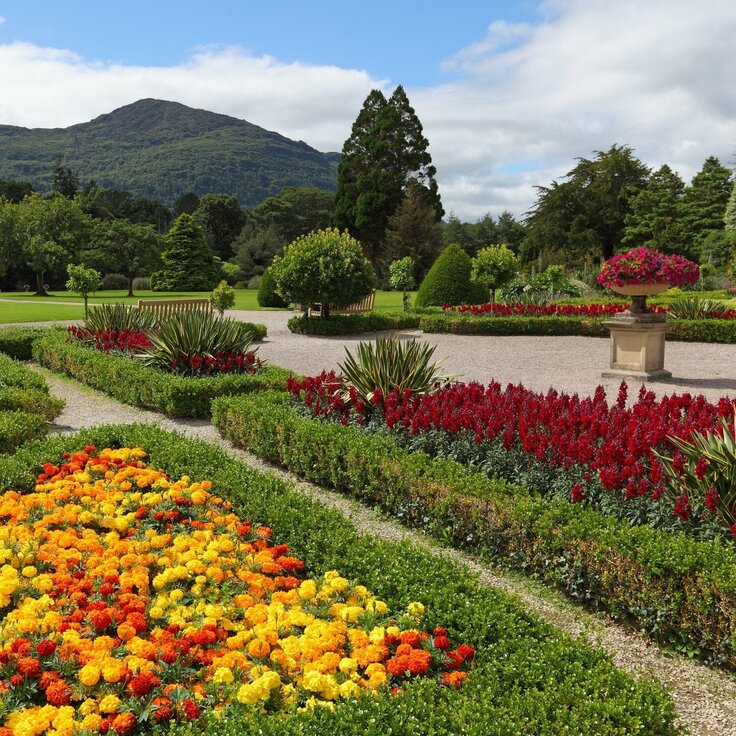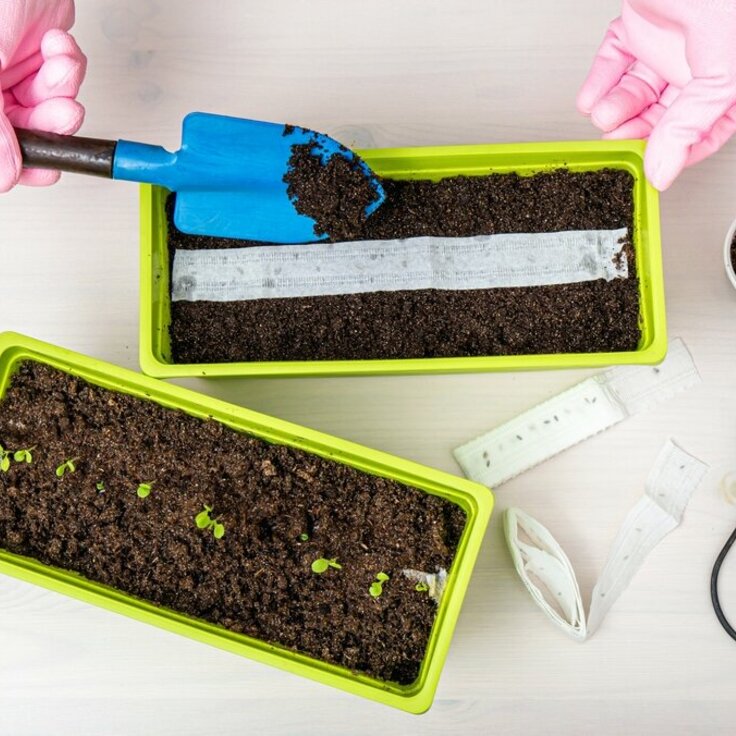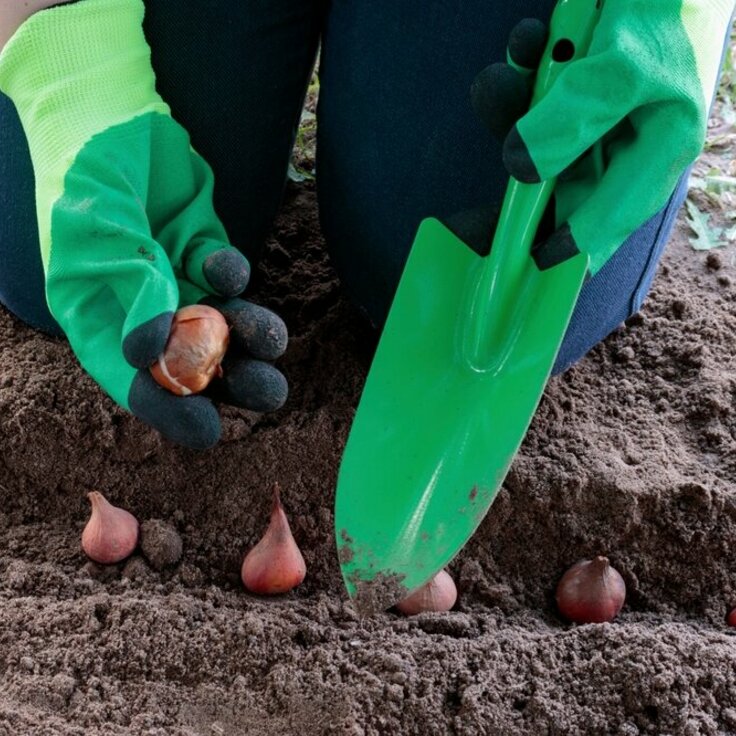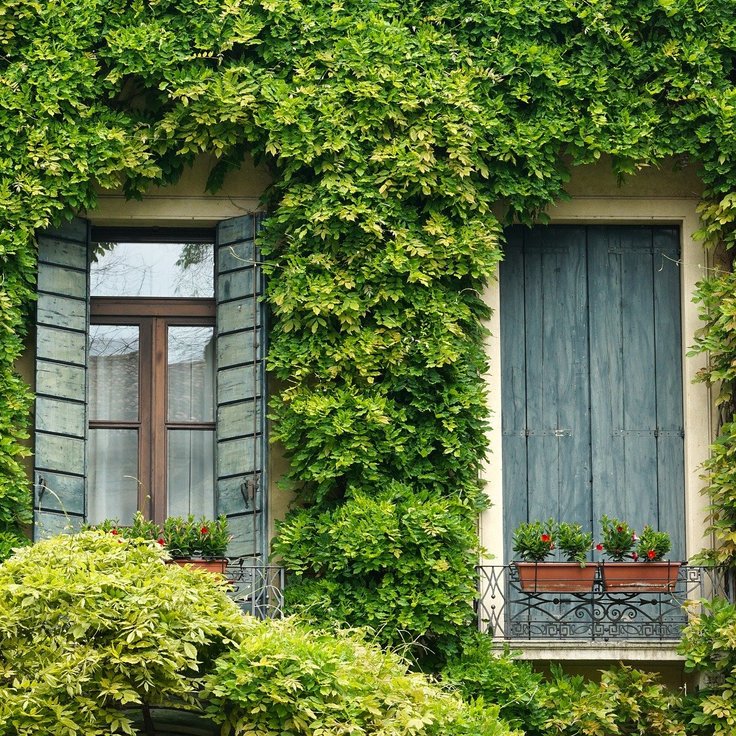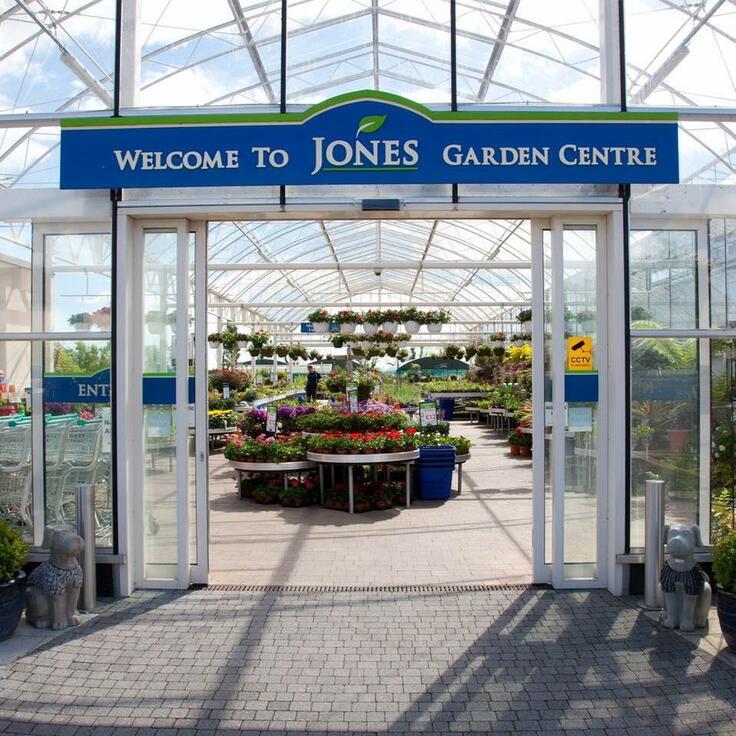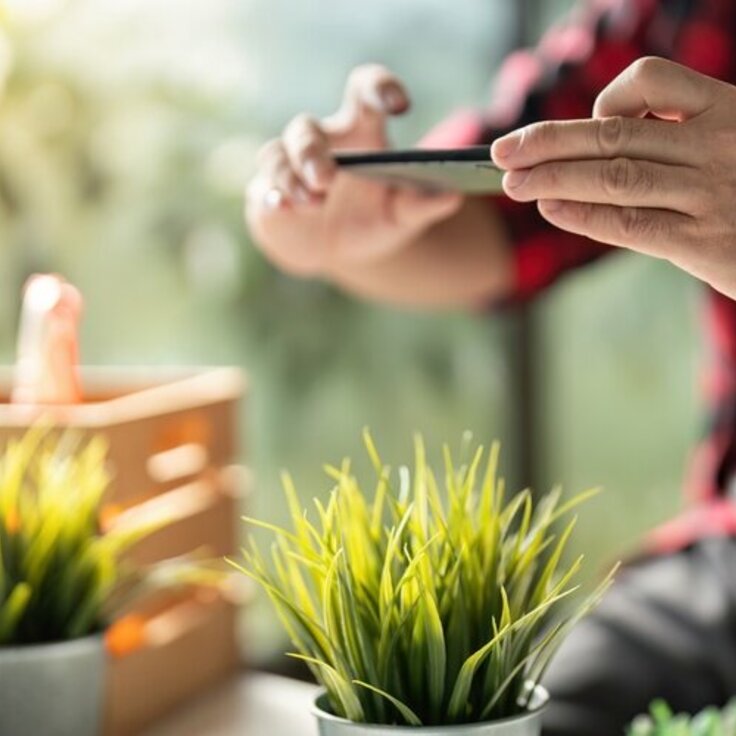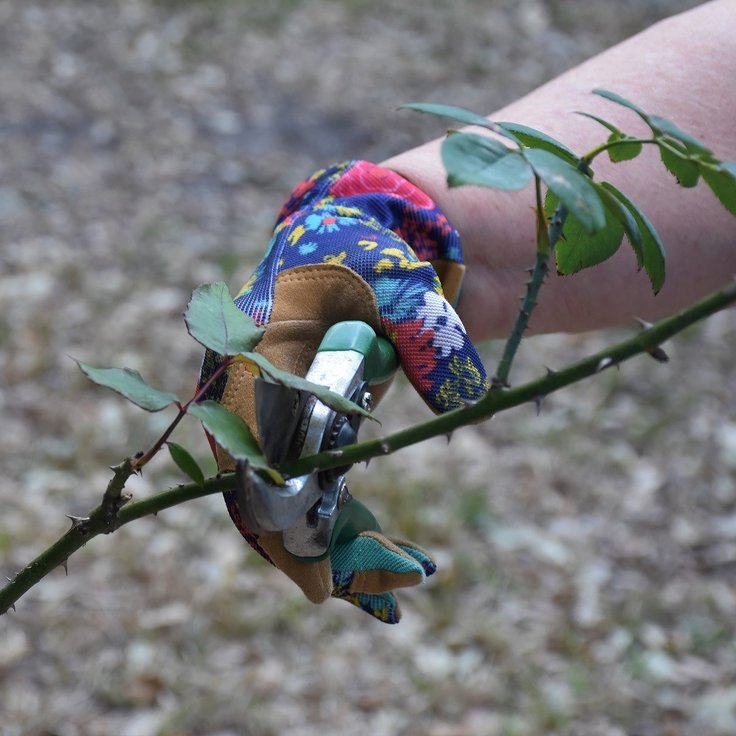The Benefits of Composting: How to Start A Compost Bin
Composting is one of the many environmentally green activities that can help the world flourish as more people participate. Combining kitchen scraps like banana peels and apple cores with yard waste such as grass clipping and fallen leaves can benefit the soil in your personal and community gardens.
You can play Casino777 in between.
Composting Benefits
Starting a compost bin will make your local environment healthier. Encouraging family and friends to compost will contribute to a greener local neighborhood. From reducing landfill waste to saving money on fertilizer in your garden, there are many benefits to starting a compost bin.
Reduces Landfill Waste
Kitchen scraps and yard waste that aren’t composted fill up landfills throughout the country. Instead of throwing them in the trash, composting this waste will reduce the greenhouse gasses emitted from the trash filling up landfills.
Enriches Soil
Compost is a natural resource that fertilizes and moisturizes soil, changing its structure to help various plants grow accordingly. Compostable waste enriches the soil thanks to various vitamins including nitrogen, potassium, and phosphorus, which promote healthier plants that have a longer lifespan.
Saves Money
Rather than purchasing fertilizer that can cost about $20 or more per bag, utilizing natural waste from a compost bin will save you money in the long run. You have already spent the money necessary to procure this natural waste such as buying fruit from the grocery store and the backyard tools for maintaining your backyard.
Keep some money in your pocket by saving this waste to act as a natural fertilizer for your garden or community garden. Check with your local community garden to see if they need compost and you can contribute when you can.
Promotes Sustainable Gardening
The organic matter from compost promotes sustainable gardening. Rather than using synthetic fertilizer that could harm plants and stunt growth, utilizing the natural resources of compost will give you better results as you engage in greener gardening.
Reduces Soil Erosion
Soil with less compost can cause erosion, which can hinder a plant’s growth. Soil containing a healthy amount of compost will help the plant to stay alive longer and its soil does not wash away if it rains heavily.
How To Start Your Own Compost Bin
Creating a compost bin is easy to do. We have the steps highlighted below for you to get started. More people should be composting because of the nature of global warming’s effect on the Earth today. According to the Environmental Protection Agency (EPA), of the 66.2 million tons of food waste that came from food retail locations throughout America in 2019, only 5% of that amount became composted and returned to the Earth. Now is the time to promote greener practices to keep our planet healthy.
Choose a Composting Method
There are many composting methods that you can try. A traditional compost bin is stored in your backyard in a closed bin while a tumbler compost bin is easier for mixing up the natural waste and forming the compost quicker. Alternatively, vermicomposting involves purchasing worms for them to live in your compost bin, which is especially effective if you have a small home or if you store your compost indoors.
Select a Location
Find the shadiest area in your yard with not too much water to keep your compost healthy. Alternatively, you can keep the bin in your kitchen since that is where most of the natural waste will be sourced from.
Build or Buy a Bin
While you can purchase your compost bin, it could save you money by building one yourself with leftover wood pallets or drilling holes into a plastic tote for ventilation.
Add Compostable Materials
Compostable materials are either considered green or brown. Green materials are nitrogen like coffee grounds and vegetable peelings. Brown materials enhance the carbon in your compost, so you can add things like leaves or paper.
Maintain, Harvest, and Use Your Compost
Whenever you add new composting materials, mix up your compost so it’s well incorporated. Add water as needed to maintain good moisture levels. Once it’s time to harvest, then you can remove the larger items such as peels that haven't decomposed yet. The official time to harvest could take months, but it’s well worth it when you can spread the compost on garden soil.

